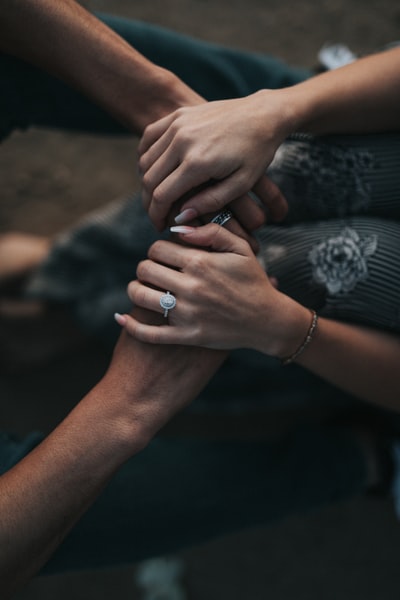Happy marriage day to you and yours, and if youвАЩre reading this article, congratulations on your marriage!
Marriage in Islam is not a marriage license.
The Islamic concept of marriage is based on the concept of two people living together as husband and wife, as outlined in the Quran and Hadith.
Marriage is an important part of life in Islam, and marriage is also one of the most important forms of expression for women.
ItвАЩs a symbol of love and commitment.
In Islam, marriage is between a man and a woman.
This is a legal and social institution in which the man and woman can share a special bond that they will have for the rest of their lives.
Marriage in Islamic tradition is a contract between a husband and his/her wife, and is therefore a form of legal, social and cultural marriage.
In addition to having two spouses, there are also two legal cohabitating partners.
This allows for cohabitation, which is an integral part of Muslim marriage.
As Muslims, we also consider marriage to be an integral element of the faith.
This means that it is a social institution and we have the obligation to respect and uphold it.
A man and his wife should live together in a traditional marriage.
A Muslim woman should not get married outside her community.
In Muslim countries, Muslims are not allowed to marry non-Muslims and non-Muslim men are not considered as husband/wife in Islamic countries.
Muslim women are not permitted to get married to non-muslim men.
In Islamic countries, there is no legal provision that allows a woman to get divorced from her husband.
Islam also forbids polygamy and marriage of non-believers, as well as homosexual acts.
It is also a crime to marry someone elseвАЩs spouse or children without permission.
In fact, Muslim countries do not have laws against homosexuality, nor do they allow same-sex marriages.
Marriage and divorce laws are often interpreted to be based on religious law and not on secular law.
In some Islamic countries like Saudi Arabia, for example, there has been a large amount of violence and harassment against Muslim women, and even death threats.
In the United Arab Emirates, Muslims have been targeted for marriage discrimination, such as in the case of Fatima Al-Amin, a woman who married a non-Arab man.
She was married to a man from Saudi Arabia and was denied the right to divorce.
Her husband was sentenced to five years in prison and he was released from prison two years ago.
As a result, Fatima and her family have decided to seek an international human rights organization to investigate her case.
The United Arab Emirate (UAE) also has an anti-polygamy law that criminalizes вАЬadulteryвАЭ and вАЬfornicationвАЭ in the Muslim community.
The law is aimed at preventing Muslims from engaging in polygyny and the вАЬsodomitical actsвАЭ that include homosexual acts between consenting adults.
As Muslim men and women, we should be concerned about the growing amount of abuse against Muslim men, as reported by The New York Times, вАЬFor years, Muslim men have been accused of sexually abusing Muslim women and girls.
This year alone, the number of such cases is rising, according to a United Nations report.
The UNвАЩs human rights office says that вАЬthere is evidence that more than 70 percent of Muslim men in the United States have been convicted of sexually assaulting girls and women.вАЭ
This is not an isolated incident.
As we celebrate ValentineвАЩs Day, we have to ask ourselves if our society is truly in love with us and if itвАЩs willing to honor our marriage vows.
What does love look like?
A polyamorous, polygynous, or multi-sexed relationship is a sexual relationship between two or more people who do not share the same biological sex.
A poly couple is a committed, loving relationship between a woman and a man, or between a couple of people who share the biological sex of a man.
In polyamory, the relationship is not limited to the physical act of having sex.
It encompasses all aspects of the relationship including love, commitment, intimacy, and sexual intimacy.
A multi-sexual relationship is when two or both people are living together in different states of relationship, including a marriage, civil union, civil partnership, or civil union with another person.
Multi-sexual relationships are an integral aspect of polyamorism, and should not be considered a crime.
The most recent study of polysexual relationships in the U.S. and Canada found that nearly 80 percent of participants said that their partner in a polyamorously-fulfilled relationship was an active, loving, and committed person.
What are the implications for your marriage?
The legal framework for marriage is complex and depends on many factors.
A woman can get married without a license if she is: living in a different country; living outside of the United Kingdom or the European Union





